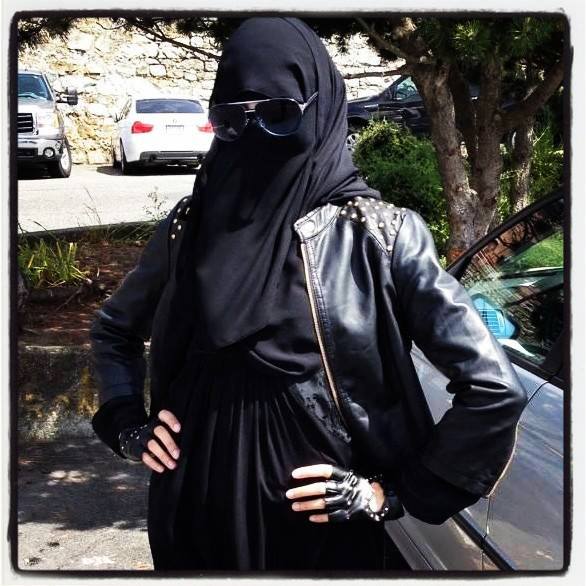I am twenty-two-years old. I am a rebellious daughter, a fierce writer, a determined feminist, a fiery niqaabi. I have been to six countries, living in three of them. I have a three-year-old daughter. And I am divorced.
Most people don’t know what to say, how to react. Some give me condolences, a sympathetic hand squeeze, a look of pity and sorrow. Others frown, shake their hands, mutter that I look too happy, too relieved, that my smile is too wide and my laughter too free.
They do not know that I grieved for my marriage before it even ended, that I celebrate my freedom every day, that my heart aches most not out of regret or anger, but out of quiet sorrow for those unusual moments that studded my marriage like shards of raw diamonds – unexpectedly beautiful, but with a sharpness that cuts deeper all the more for their brightness.
Divorce throws the world into sharp relief, reminds me of who I am, highlights the ridiculous standards and expectations of society, helps me laugh when I’d rather cry. Divorce tells me not to give up – and I don’t. I yet dream of love, plot for the future with all the ferocity of ambition, search and find beauty in all that has happened in my life.
What is even more unexpected is the rush of tenderness I feel now for my daughter’s father. He is no villain, but a man as lost as anyone else, as desperate for love as every other soul, as broken within as we all are. Though I have freed myself from having to fight his battles, I pray that he is able to find the strength and wisdom to fight them himself, and to be victorious against the forces that he struggles with inside himself.
One of the last things I told him was, “I don’t love you.” Now, I realize that I didn’t tell the entire truth. No, I did not love him as a husband, as a soul mate, as the person I wanted to spend the rest of my life with. But every Muslim has rights over another Muslim, and one of those rights is to be loved for the Sake of Allah. This man is the father of my daughter, who loved me in his own way, however misguided… yes, I can muster compassion for him. And what is compassion, if not a pale, transparent, opalescent type of love?
In my sujood, where whispered prayers slip past my lips like unbidden pearls, where my heart’s true desires make themselves known, when my darkest fears are revealed and banished at that moment when my soul speaks to my Lord – one supplication finds itself repeated, over and over. O Allah, let him find true love.
—
Zainab bint Younus aka AnonyMouse al-Majnoonah aka The Salafi Feminist is a nomadic young woman with big dreams, a small daughter, and a penchant for too many pseudonyms. She blogs at http://www.TheSalafiFeminist.blogspot.com












